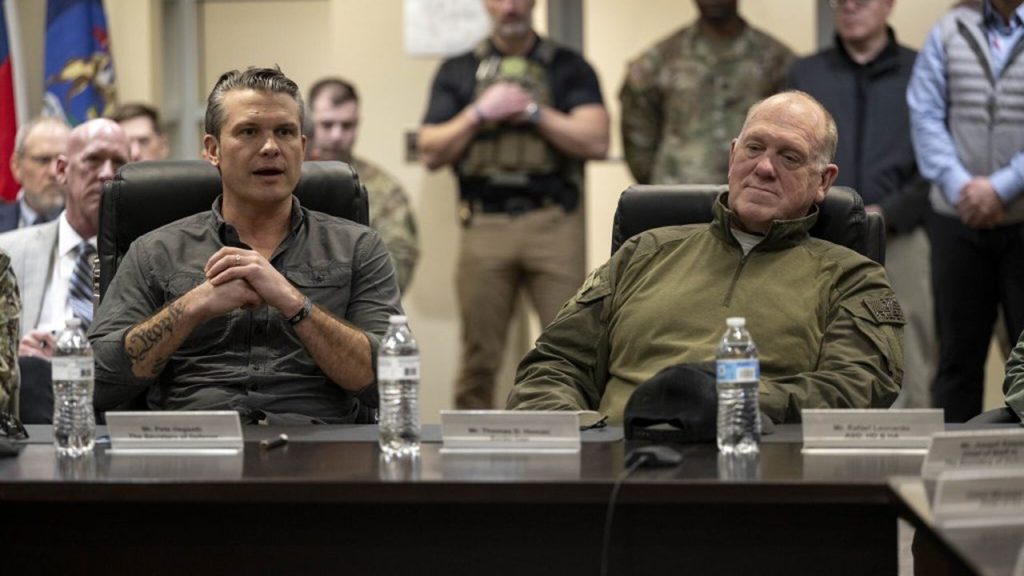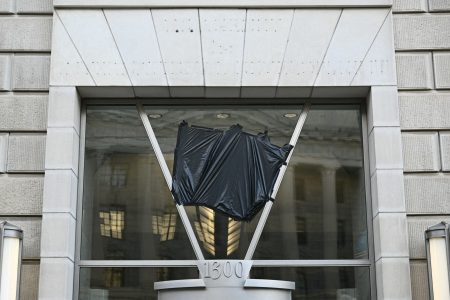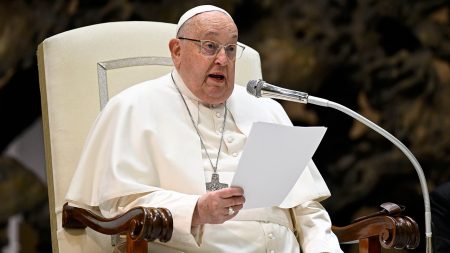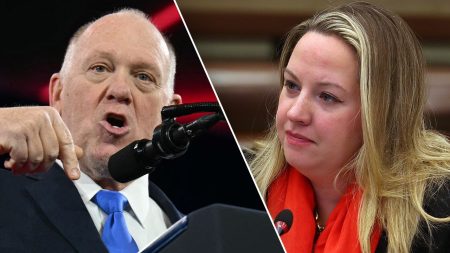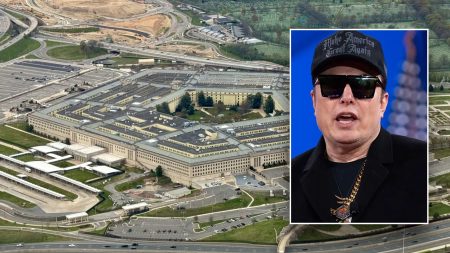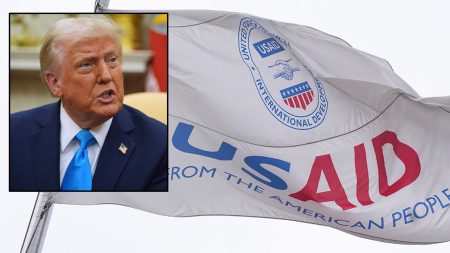Defense Secretary Pete Hegseth’s visit to the southern border underscored the Trump administration’s unwavering commitment to bolstering border security and curbing illegal immigration. Hegseth declared a “new era of determination” at the border, emphasizing the administration’s focus on U.S. sovereignty and a shift away from prioritizing foreign border security. His visit, alongside other high-ranking officials like DHS Secretary Kristi Noem and Secretary of State Marco Rubio, highlights the administration’s concerted effort to address the complex challenges at the southern border. Hegseth’s message resonated with a sense of urgency and resolve, emphasizing the need to protect American communities and establish control over the nation’s borders.
The deployment of over 1,500 military personnel to the southern border, a move initiated on President Trump’s first day in office, has been touted as a significant factor in the reported decline of border encounters. Hegseth emphasized the motivation of the deployed troops, suggesting their dedication stems from a desire to protect their families and communities from the perceived threat posed by undocumented immigrants. This narrative frames the border situation as a defense against an “invasion,” a rhetoric that has been consistently employed by the administration. Hegseth’s assertive declaration that “we are going to get control of this border” reflects the administration’s unwavering confidence in their strategies.
The coordinated efforts of various government agencies, including the Department of Defense and the Department of Homeland Security, signify a comprehensive approach to border security. Hegseth’s visit, following Noem’s presence at the border just days prior, demonstrates the high priority placed on this issue within the administration. Border czar Tom Homan echoed Hegseth’s optimism, describing the current approach as a “game changer” and expressing confidence in achieving operational control of the southern border under President Trump’s leadership. This collective effort suggests a concerted strategy to address the multifaceted challenges presented by illegal immigration.
Secretary of State Marco Rubio’s simultaneous visit to Latin America further emphasizes the administration’s multi-pronged approach to migration management. Rubio’s trip, encompassing several Central American countries and the Dominican Republic, underscores the administration’s commitment to addressing the root causes of migration. Discussions surrounding migration, drug trafficking, and gang violence are expected to be central to Rubio’s diplomatic engagements. This proactive approach to regional engagement suggests a recognition that border security requires collaboration with neighboring countries.
The Trump administration’s border security strategy appears to be rooted in a combination of heightened enforcement, military presence, and diplomatic engagement. The emphasis on U.S. sovereignty and the characterization of undocumented immigration as an “invasion” serve as key narratives underpinning these policies. The administration’s focus on achieving operational control of the border reflects a determination to implement stricter measures and deter illegal crossings.
The combined efforts of multiple cabinet officials, including Hegseth, Noem, and Rubio, underscore the administration’s commitment to addressing the complex challenges at the southern border. Their pronouncements and actions reflect a concerted strategy to enforce current immigration laws, strengthen border security measures, and engage with regional partners to manage migration flows. The long-term effectiveness and impact of these policies, however, remain to be seen and will likely be subject to ongoing scrutiny and debate.




